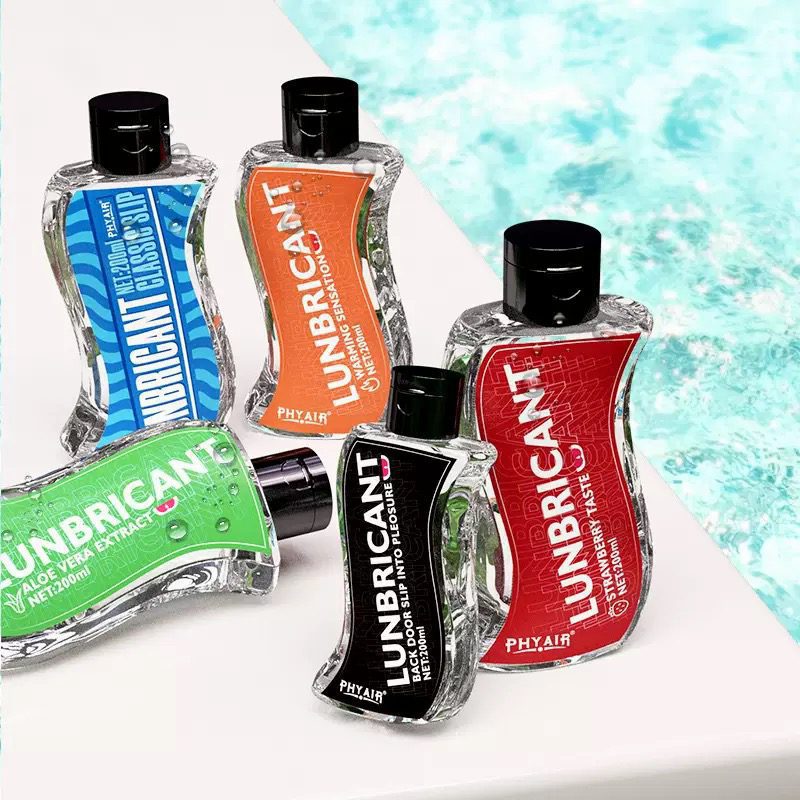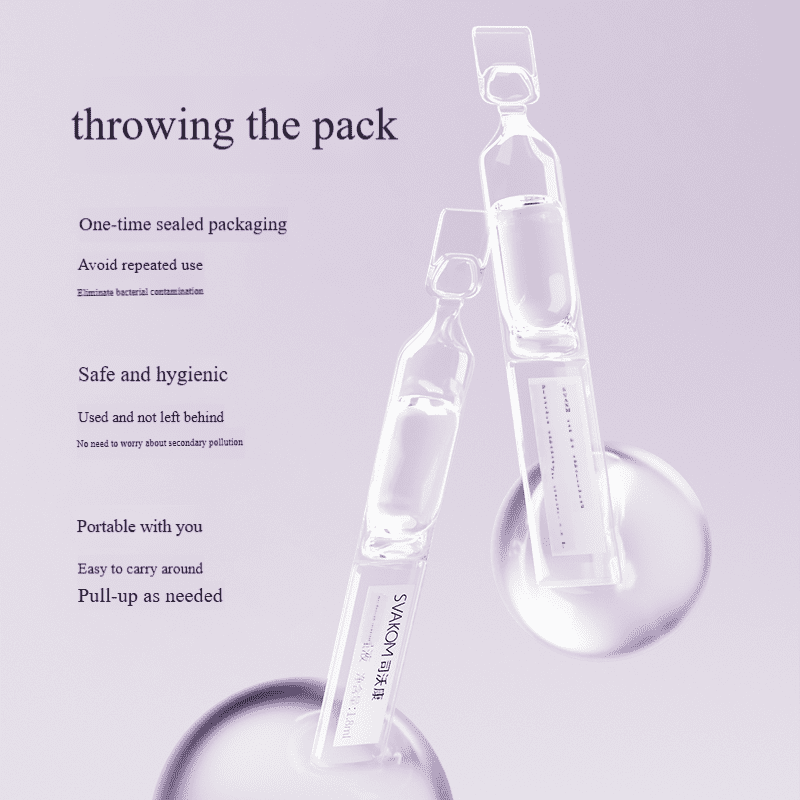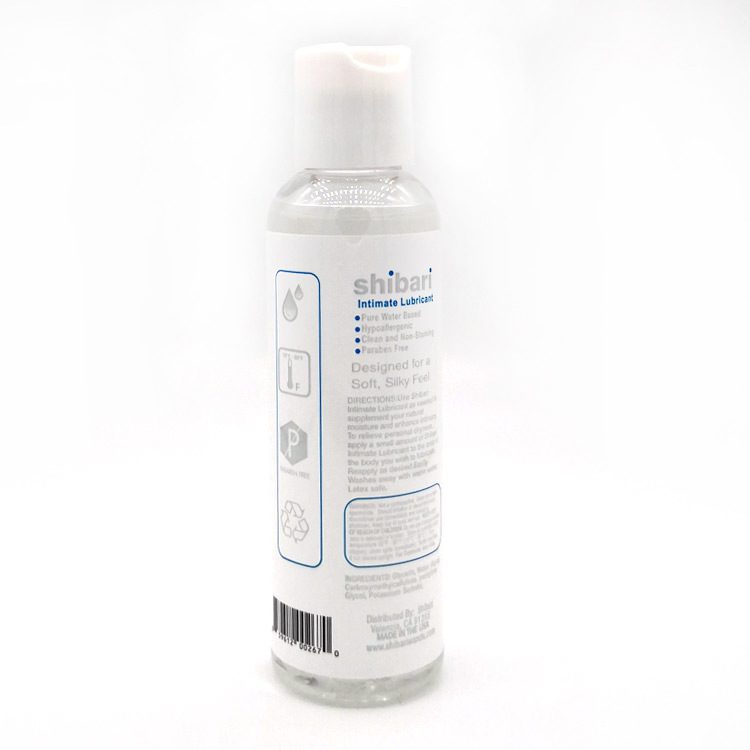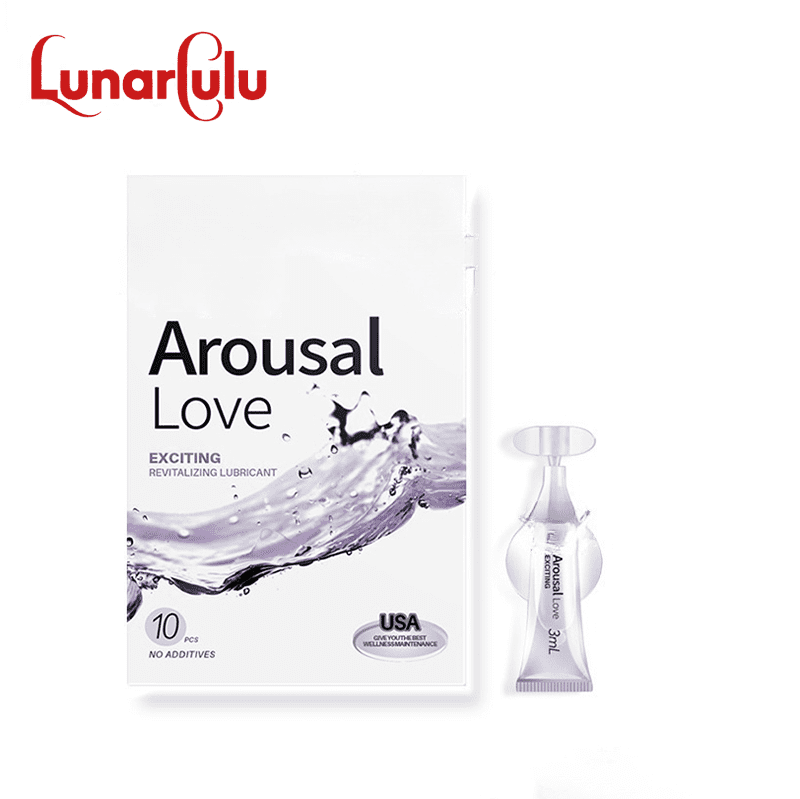Choose the right lubricant to make your sex life more exciting!
Are Lubricants Harmful to the Human Body?
Before discussing whether lubricants pose any health risks, it’s essential to understand their ingredients and types. Commercial lubricants generally fall into three main categories, each with distinct characteristics, benefits, and best – use scenarios.
1. Water-Based Lubricant
1.1 Composition & Function
Water – based lubricants use water as the primary solvent, enhanced with ingredients like glycerin, propylene glycol, or cellulose ethers to improve smoothness and viscosity. They closely mimic the body’s natural lubrication, providing a gentle, non – sticky, and natural – feeling experience. Since they are water – soluble, they rinse off easily with plain water, leaving no stubborn residue on skin or fabrics.
1.2 Best For
✔ General intimacy (ideal for everyday use)
✔ Sensitive skin or first – time users (hypoallergenic and mild)
✔ Vaginal dryness or low natural lubrication (quickly replenishes moisture)
✔ Use with condoms & sex toys (safe for all materials, including latex and silicone)
1.3 Who Should Use It?
- Couples of all ages (especially new couples or seniors experiencing hormonal dryness)
- People with sensitive skin or allergies to synthetic oils
- Those who prefer easy cleanup and minimal residue
1.4 Potential Drawbacks
- May dry out faster during prolonged activity (can be re – applied easily)
- Some formulations contain glycerin, which might cause irritation for highly sensitive individuals
2. Oil-Based Lubricants
2.1 Composition & Function
Oil – based lubricants rely on mineral oil, petroleum jelly (Vaseline), or plant – based oils (e.g., coconut, almond oil). They create a thick, long – lasting slippery layer that reduces friction effectively. However, they do not wash off easily and can stain fabrics.
2.2 Best For
✔ Extended intimacy sessions (longer – lasting slipperiness)
✔ Massage or non – penetrative play (soothing for skin)
✔ Non – latex toys or activities (but never with latex condoms — they weaken the material!)
2.3 Who Should Use It?
- Couples not using latex condoms (oil degrades latex, increasing breakage risk)
- Those seeking ultra – long – lasting lubrication (e.g., tantric sex, extended foreplay)
3. Silicone-Based Lubricants
3.1 Composition & Function
Silicone lubricants are made from dimethicone or other silicone oils, offering superior glide and durability. Unlike water – based lubes, they don’t evaporate or get absorbed, making them perfect for wet environments. They also last longer than water – based options without needing reapplication.
3.2 Best For
✔ Shower/bath sex (won’t wash away with water)
✔ Long – lasting intimacy (minimal reapplication needed)
✔ Use with most condoms & toys (except pure silicone toys — may degrade them over time)
3.3 Who Should Use It?
- Couples who enjoy water – based play (pool, hot tub, shower)
- Those with sensitivity to water – based lubricants (glycerin – free alternative)
- People wanting a luxurious, silky feel
3.4 Potential Drawbacks
- More expensive than water – based lubes
- Not ideal for silicone sex toys (can break down the material over time)
- Harder to wash off skin (requires soap and water)
3.5 Which Lubricant is Safest?
Most high – quality lubricants (pH – balanced & non – irritating) are safe for regular use when chosen correctly. However:
- Avoid lubricants with parabens, glycerin (if sensitive), or nonoxynol – 9 (a spermicide that may cause irritation).
- For vaginal use, water – based or silicone – based lubes are safest (minimizes infection risks).
- Always check ingredients if you have allergies or sensitive skin.
Conclusion: Lubricants are generally safe when used properly, but the best choice depends on your needs (sensitivity, activity type, condom compatibility).
Recommended related products







